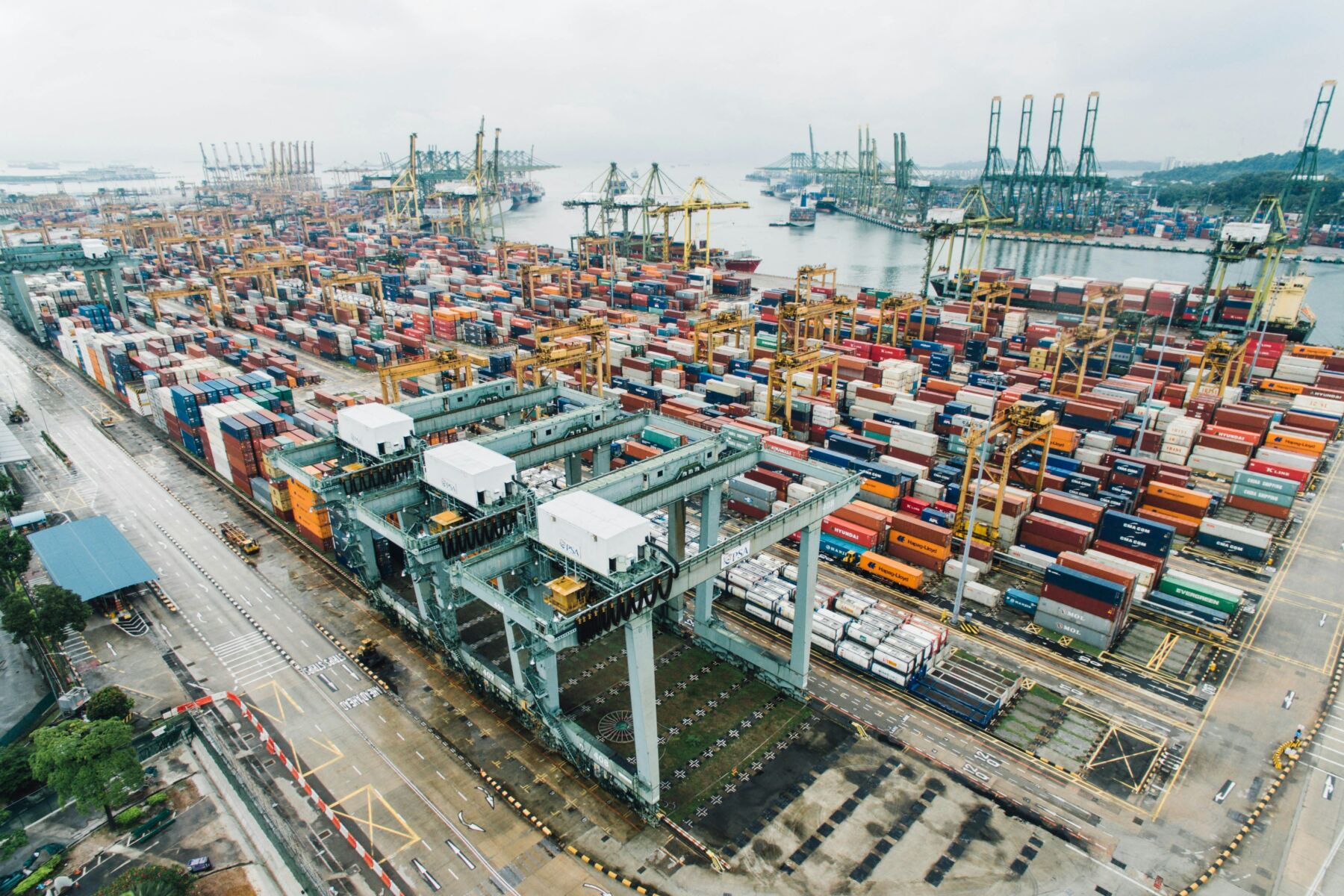Thailand’s trade deficit with China rises 15.7% to US$20 billion

Thailand’s Trade Policy and Strategy Office (TPSO) raised alarms about the expanding trade deficit with China.
Imports from China surged by 7.12% year-on-year in the first half of 2024, reaching US$37.6 billion (approximately 1.33 trillion baht). This spike resulted in a trade deficit of US$20 billion (around 720 billion baht), marking a 15.7% increase compared to the previous year.
Smartphones, computers, computer parts, and steel products, including hot-rolled steel sheets, are Thailand’s top three imports from China, said Poonpong Naiyanapakorn, Director-General of TPSO.
“The reason why Thailand and other countries around the world have a trade deficit with China is the mainland can manufacture products at a lower cost than other countries because of low labour costs, the availability of suppliers, a fixed exchange rate controlled by the government, which helps in setting export prices, and subsidies from the Chinese government, which lower the average cost.”
In 2023, the leading products contributing to Thailand’s trade deficit with China included smartphones (US$3.31 billion), computers and parts (US$2.81 billion), hot-rolled steel sheets (US$2.56 billion), electric vehicles (US$2.54 billion), machinery and mechanical components (US$1.88 billion), iron and steel products (US$1.85 billion), chemical products (US$1.77 billion), electrical appliances and parts (US$1.46 billion), plastic products (US$1.25 billion), and electrical circuits (US$1.17 billion), Poonpong said.
“In 2024, the Thai trade deficit with China continued in three major product categories which included smartphones, followed by computers and parts, and steel products.”
TPSO has urged the government to implement stricter import standards, particularly for electronic and electrical appliances. It also called for better regulation of goods evading taxes and rigorous enforcement of domestic trade laws to ensure imported products meet health, environmental, and safety standards, reported Bangkok Post.
In related news, Thailand’s Foreign Trade Department initiated an anti-dumping investigation into the import of aluminium extrusions from China. This move follows complaints from local steel manufacturers who claim that the surge in imports is detrimental to domestic production.
Latest Thailand News
Follow The Thaiger on Google News:


























